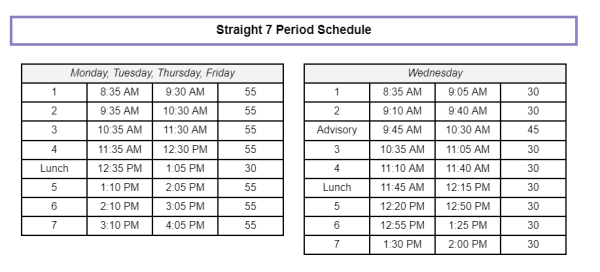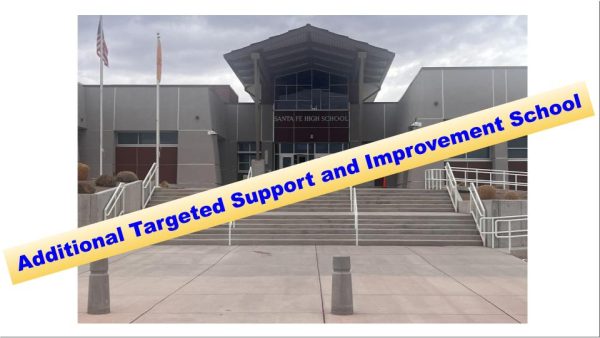School vs. Education: Which Comes First?

46202952 – back to school – doodle set, concept background education.
January 26, 2017
Many of today’s students face troubles when it comes to school. In 2013, the overall graduation rate for public schools in the United States was o80 percent, according to the National Center for Education Statistics, and the college enrollment rate for that same year was 40 percent.
While the low graduation rates could be attributed to the laziness of students, this is not always true. While motivation does play a part, there are other factors.
Even teenagers who are very intelligent can have trouble in school. In his book “Why Smart People Can Be So Stupid,” Robert J. Sternberg argues that intelligent people are often raised into a mentality that is “too invested in being smart.” They focus more on proving their intelligence, rather than challenging themselves to be better, like taking AP classes just to show that they are taking AP classes, as opposed to taking them to learn more. Because of this, students often don’t truly use their minds and can even lose their intelligence if they don’t challenge themselves, according to Sternberg.
The same thing happens when gifted students aren’t challenged when they’re young. These students will go through their elementary and middle school lives thinking everything is easy, but as soon as they come across truly challenging work, they don’t know what to do.
Another big factor in student success is teacher engagement. A study published in “Decision Sciences,” a journal that focuses on education innovation, states that of all the variables tested, “Only instructor feedback and learning style are significant.” This means that if teachers actively try to help their students learn, the students will be more successful.
The same study found that if a curriculum is altered to address learning style, focusing on visual, oral, or hands-on activities depending on how the student learns, a larger percentage of students will learn the material.
But like anything, the students need to be open to learning. If someone told you how to eat food when you weren’t hungry, would you try to eat the food? Probably not, and the same thing is true for learning.
Teachers can talk about a subject as much as they want, but according to the NDT Resource Center, they cannot force all students to understand or pay attention. While some people learn best when they are instructed to listen to how something is done, others do better when they get to practice themselves. An NDT article describing the “Constructivist Learning Theory” explains that most students are in between, learning best by trying to make sense of something on their own while the teacher guides them and helps them when needed.
All in all, students learn differently based on who they are, and sometimes schools do not cater to those different needs.











